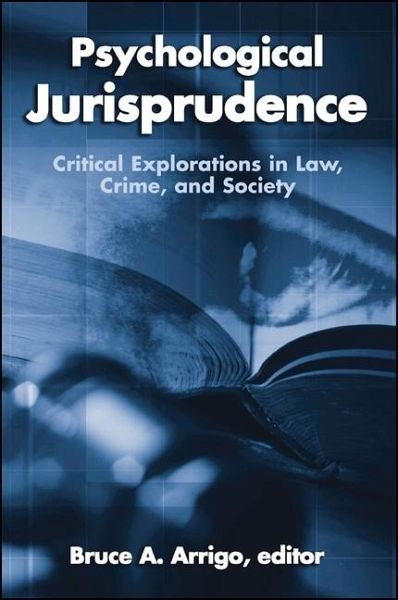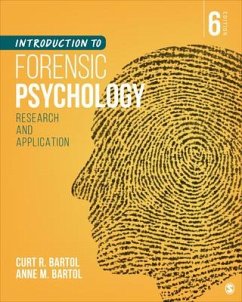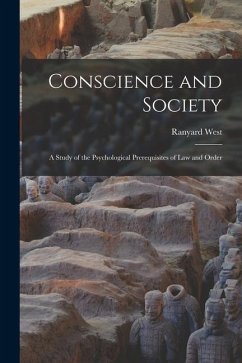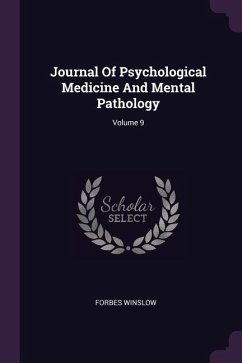
Psychological Jurisprudence
Critical Explorations in Law, Crime, and Society
Herausgeber: Arrigo, Bruce A
Versandkostenfrei!
Versandfertig in über 4 Wochen
33,99 €
inkl. MwSt.

PAYBACK Punkte
17 °P sammeln!
Psychological jurisprudence--or the use of psychology in the legal realm--relies on theories and methods of criminal justice and mental health to make decisions about intervention, policy, and programming. While the intentions behind the law-psychology field are humane, the results often are not. This book provides a "radical" agenda for psychological jurisprudence, one that relies on the insights of literary criticism, psychoanalysis, feminist theory, political economy analysis, postmodernism, and related strains of critical thought. Contributors reveal the roots of psycholegal logic and demo...
Psychological jurisprudence--or the use of psychology in the legal realm--relies on theories and methods of criminal justice and mental health to make decisions about intervention, policy, and programming. While the intentions behind the law-psychology field are humane, the results often are not. This book provides a "radical" agenda for psychological jurisprudence, one that relies on the insights of literary criticism, psychoanalysis, feminist theory, political economy analysis, postmodernism, and related strains of critical thought. Contributors reveal the roots of psycholegal logic and demonstrate how citizen justice and structural reform are displaced by so-called science and facts. A number of complex issues in the law-psychology field are addressed, including forensic mental health decision-making, parricide, competency to stand trial, adolescent identity development, penal punitiveness, and offender rehabilitation. In exploring how the current resolution to these and related controversies fail to promote the dignity or empowerment of persons with mental illness, this book suggests how the law-psychology field can meaningfully contribute to advancing the goals of justice and humanism in psycholegal theory, research, and policy.













